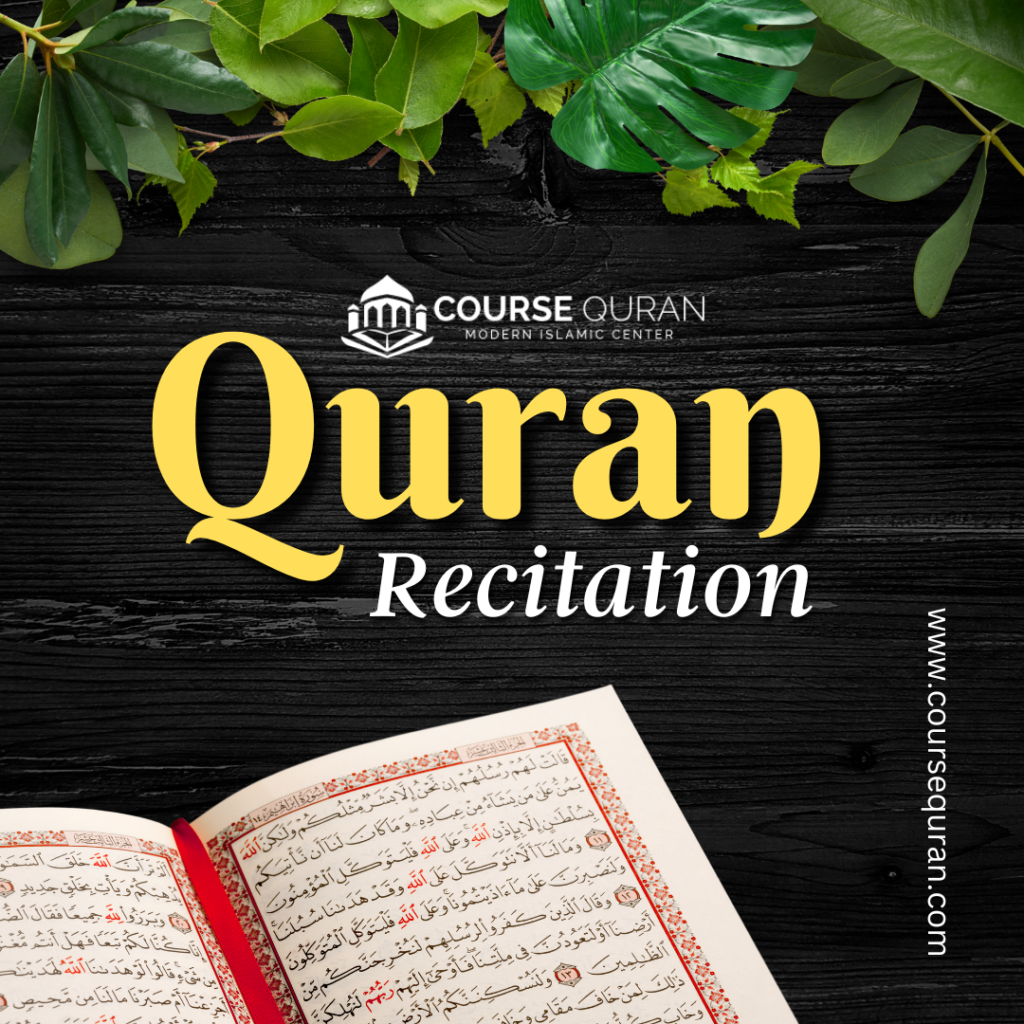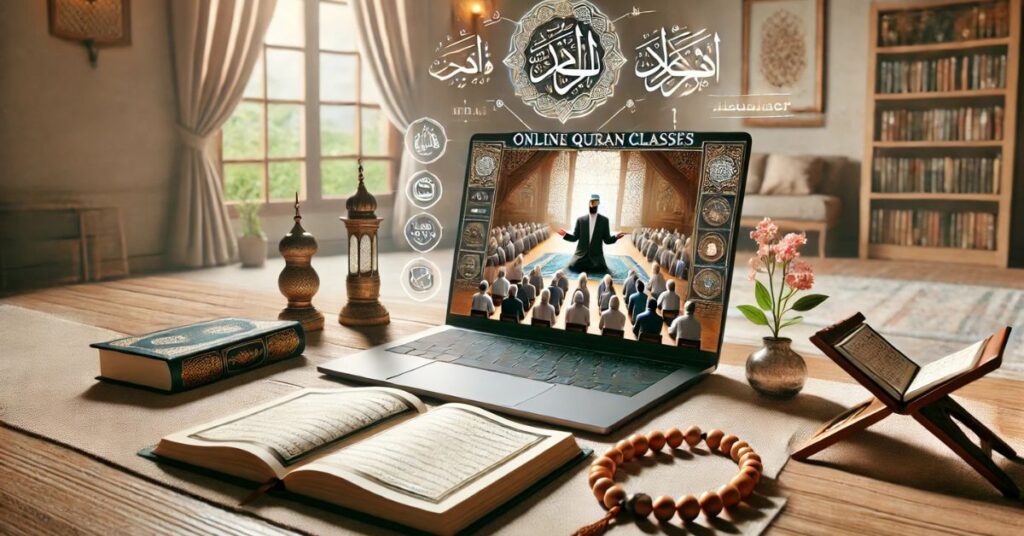The Quran also goes farther than being a religious scripture; it is a lit for living an inspired life. However, for one who cannot easily comprehend Arabic, comprehension of the real message of the Quran is like putting together a jigsaw. That is where the Quran translation comes in! Not only it engulfs them about the Quran, but also it gives the general public an opportunity or a chance to connect or choose the Quran’s tales.
In this post, I’ll explain why it matters, how to go about it, and the resources which can be helpful. This guide is for total novices as well as people who want to expand their knowledge of a particular subject or issue.
What Is the Quran Translation?
In other words, it is the process of getting the Quran’s meanings from Arabic and putting it into another language. This serves a purpose of helping non-Arabic speaking people to grasp what the verses of the translation are saying. But there is a complication when it comes to translating the Quran. Every word in the Quran has a good message which, if translated, needs one to understand Arabic and Studying the Quran as a religious book.
Why Is the Quran Translation Important?
- Accessibility for Non-Arabic Speakers
Not everyone speaks or understands Arabic, yet millions of Muslims around the world desire to connect with the Quran. Translation bridges this gap, allowing them to understand Allah’s words. - Spiritual Connection
Reading the Quran in your native language helps you grasp its meaning, fostering a deeper spiritual bond. You’re not just reading; you’re comprehending. - Spreading Islamic Knowledge
Translations play a crucial role in dawah (inviting others to Islam). They allow people from various cultural backgrounds to learn about Islam.
Types of Quran Translation
There are two main types:
- Word-for-Word Translation
This type focuses on translating every word directly. It’s great for those learning Arabic but can sometimes miss the broader context. - Interpretive Translation
Here, the translator explains the meaning of verses, ensuring the reader understands the overall message. This method is often preferred for beginners.
Challenges in Quran Translation
Translating the Quran is no ordinary task. It’s a delicate process that requires balancing linguistic accuracy with preserving the Quran’s message. Some challenges include:
- Maintaining Original Meaning
Arabic words often have multiple meanings, and translators must choose the one that fits the context. - Cultural Differences
Certain phrases or expressions may not translate easily into other languages. - Respecting the Sacredness
The Quran is the word of Allah, so translators must ensure their work honors its sanctity.
How to Choose the Right Quran Translation
With so many translations available, picking the right one can feel overwhelming. Here are some tips:
- Look for Authenticity
Choose translations by reputable Islamic scholars.- Example: The translation by Abdullah Yusuf Ali is widely recognized for its accuracy.
- Compare Different Translations
Reading multiple translations can give you a better understanding of complex verses. - Check for Tafsir (Explanations)
Some translations include tafsir, which provides context and clarifies the meanings of verses.
Best Resources for Quran Translation
Here are some trusted sources for studying Quran translations:
- Sahih International
A simple and accurate translation recommended for beginners. - The Clear Quran by Dr. Mustafa Khattab
Known for its clarity and modern language. - Official Online Platforms
Websites like quran.com and alim.org provide free translations and tafsir. - Mobile Apps
Apps like Quran Majeed and Muslim Pro offer translations in multiple languages.
Tips for Studying Quran Translation
- Start with Small Portions
Don’t rush. Begin with a few verses a day and reflect on their meaning. - Use a Notebook
Jot down questions or thoughts as you study. - Seek Guidance
Join online classes or consult with a knowledgeable teacher to clarify doubts. - Involve Your Family
Make the Quran study a family activity to encourage discussions and deeper understanding.
FAQs about Quran Translation
Q: Is Quran translation the same as the original Quran?
A: No, a translation is a human effort to interpret the Quran’s meaning. The original Quran remains in Arabic, and translations are considered explanations, not substitutes.
Q: Can I rely on any translation?
A: Not all translations are accurate. Always choose those verified by trusted Islamic scholars.
Q: Does reading a translation count as reading the Quran?
A: While reading the translation helps in understanding, it’s recommended to also recite the Quran in Arabic whenever possible.
Q: Are there translations available for kids?
A: Yes, many translations are written in simple language to make them accessible for younger readers.
Conclusion
Explaining the Quran is a process and the Quran translation is your map. From the translations, it is possible to communicate with Allah’s message even without knowing the Arabic language. It is crucial you not only take time to read it but also follow it up by trying to understand it and then pause and reflect on what has been written.
Do it today and discover the messages, poems, and the artistic forms of the Quran in credible translations. What you will discover is that the more you read the closer it brings you to the divine intelligence contained in the book.







